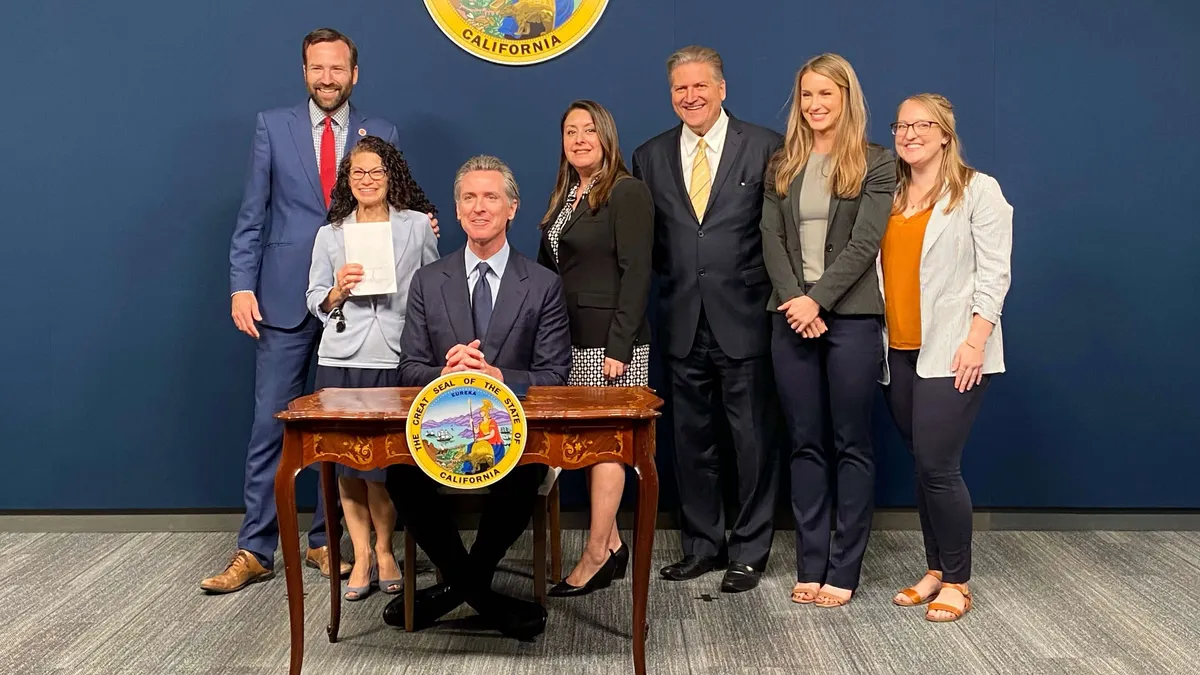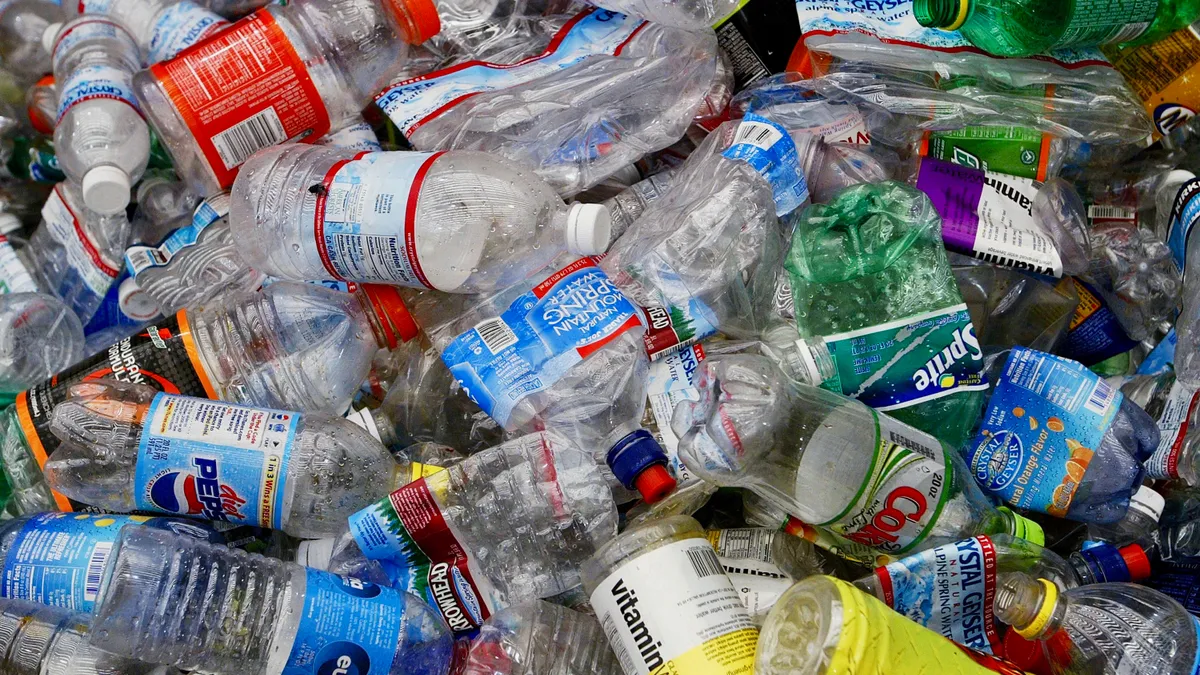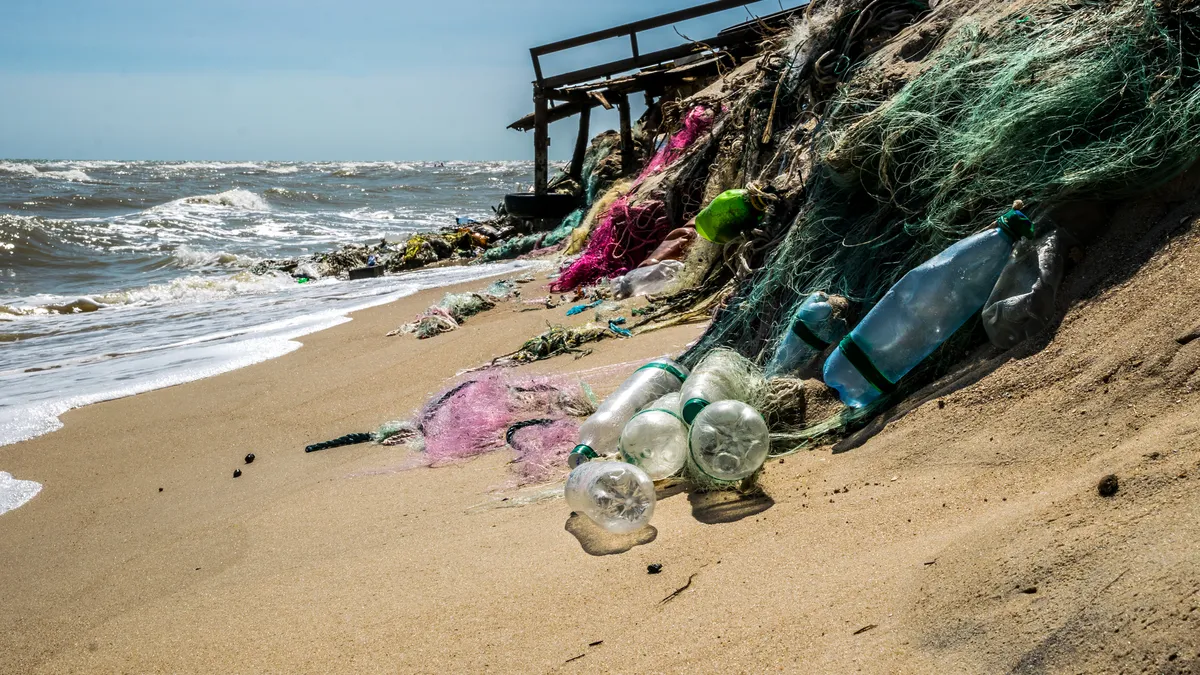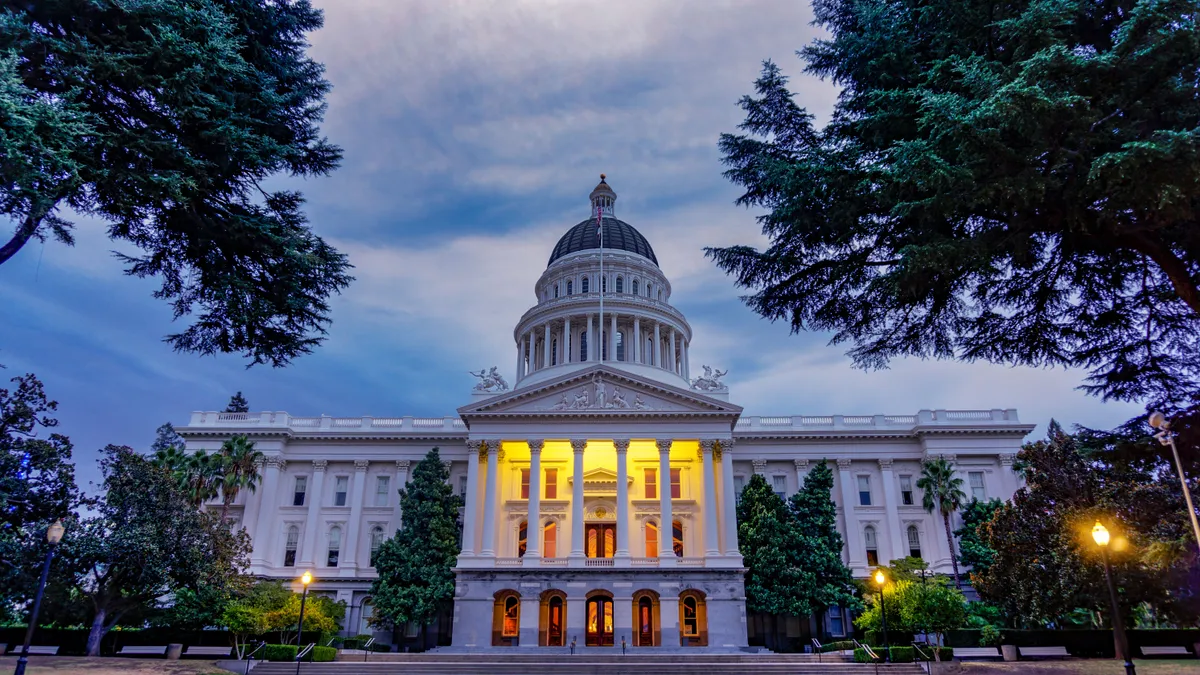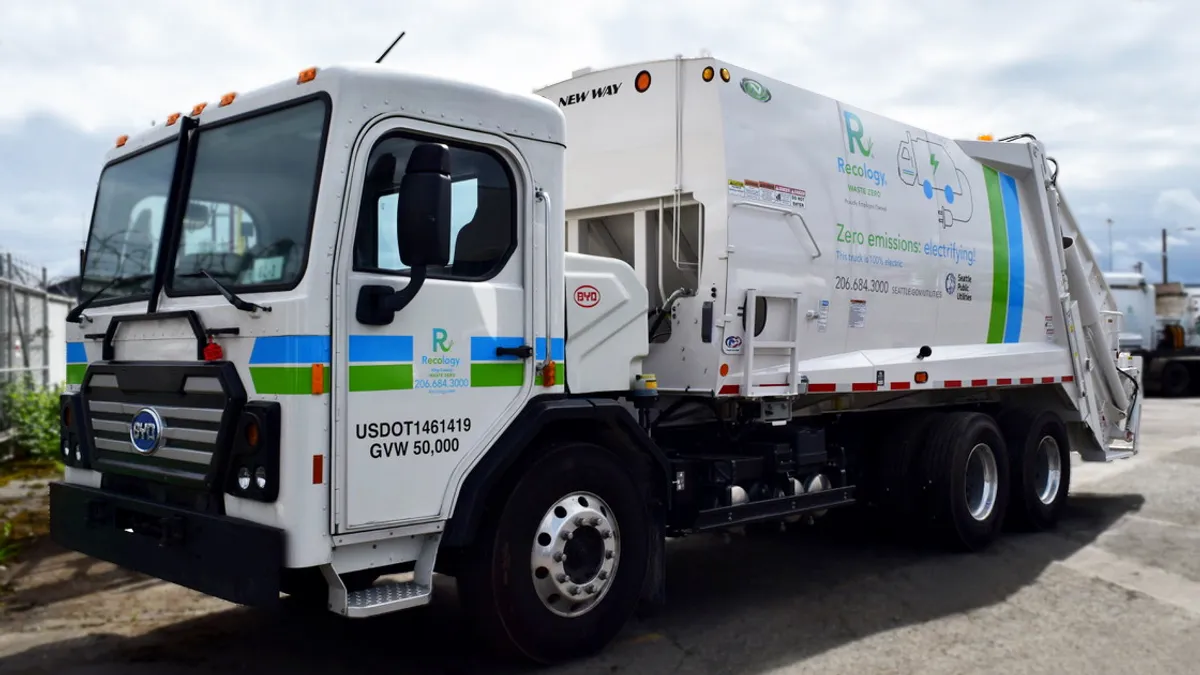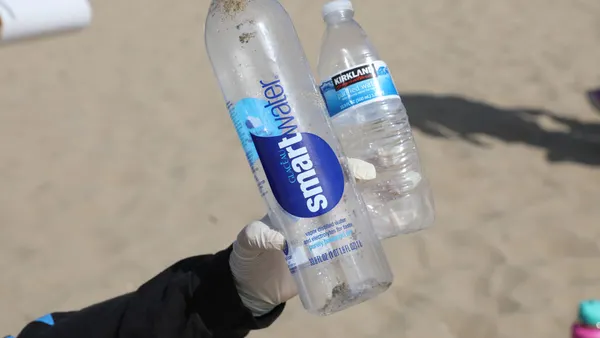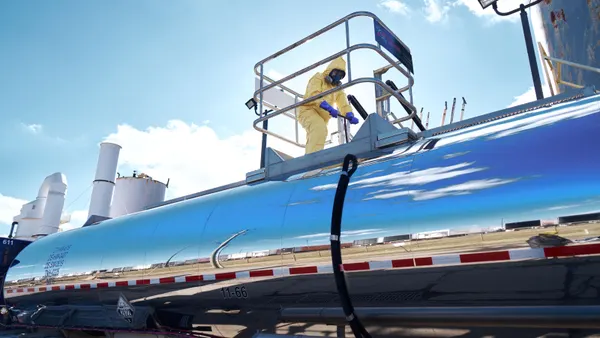California Gov. Gavin Newsom has signed SB 54, the most ambitious extended producer responsibility bill for packaging in the U.S., into law.
The bill will create an EPR program for printed paper and plastic packaging, require certain reductions and eliminations in single-use plastic packaging, promote reuse or refill systems and implement eco-modulated fees and environmental justice provisions. It also will require all plastic packaging in the state to reach a 30% recycling rate by 2028, increasing to 65% by 2032.
The move came on the last possible day for proponents of a competing plastics fee initiative to pull their proposal and keep it off the November ballot, which they did just before the deadline.
SB 54 supporters moved at a breakneck pace to get the bill to Newsom’s desk on Thursday, the same day the state Senate voted 29-0 to pass the measure and a day after near-unanimous approval in the state Assembly. The process followed weeks of feverish lobbying and negotiating amendments. Proponents have previously seen their efforts to pass the bill stall in 2019, 2020 and 2021.
“In this time of extreme polarization in our nation, California was able to show that we can pass strong environmental legislation with bipartisan support that brought together the environmental and business communities,” said Sen. Ben Allen, the bill’s primary sponsor, in a statement just after Newsom signed the bill into law. “With this new law, California continues its tradition of global environmental leadership – tackling a major problem in a way that will move and grow markets in sustainable innovations, create incentives for investment, and give tools to other states and countries to help play their part in this fight.”
Allen also thanked the ballot measure supporters “who helped to force this issue.”
In a joint statement just before pulling the ballot measure, petitioners wrote that their initiative created leverage and urgency that made it possible for the state to make major changes. “With the ballot measure looming over plastic producers, industry lobbyists finally came to the table with environmental advocates and legislators to craft a policy that would set recycling performance standards and source reduction requirements,” they wrote.
Petitioners added that they are less focused on fanfare surrounding SB 54 and more concerned with “how the policy will be implemented and enforced.”
Heidi Sanborn, executive director of the National Stewardship Action Council, a group heavily involved in the bill process, applauded SB 54’s passage and highlighted collaborative efforts between lawmakers, environmental organizations, local governments and waste industry representatives for creating a strong bill. “Californians deserve programs that work, and with this enforcement tool and the producers being vested in the program’s success, I am confident this program will deliver,” she said.
Assemblywoman Luz Rivas, a coauthor of the bill and chair of the Assembly Natural Resources Committee, said work will begin quickly to make the bill’s ambitious goals a reality. “Today we make history; tomorrow we focus on ensuring our SB 54 goals to reduce plastic pollution are met,” she said in a statement.
California will now become the fourth state to pass some form of EPR for packaging, following Colorado, Maine and Oregon.
The EPR provisions of the new law are set to take effect Jan. 1, 2027.
This story has been updated with details on Gov. Newsom signing the bill into law.




